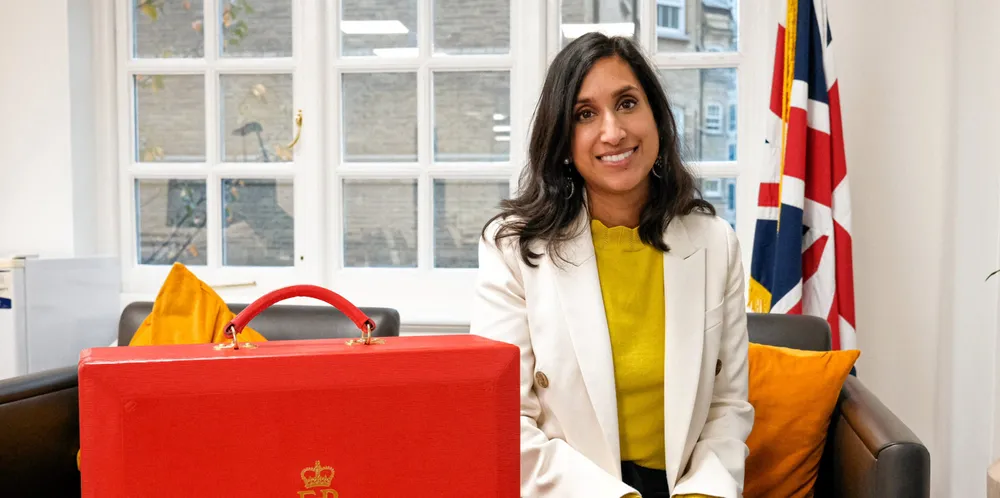Dismay as UK opens door to new gas power in latest green backtrack
Critics say fresh unabated fossil capacity 'flies in face' of commitment for net zero grid by 2035

Critics say fresh unabated fossil capacity 'flies in face' of commitment for net zero grid by 2035
